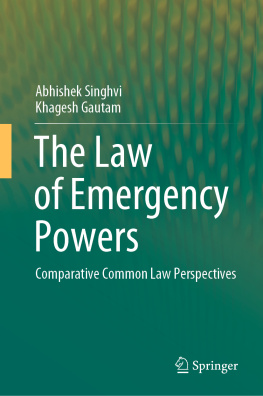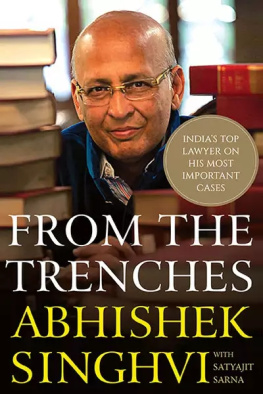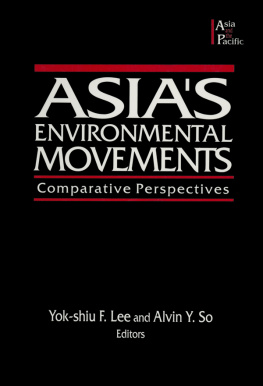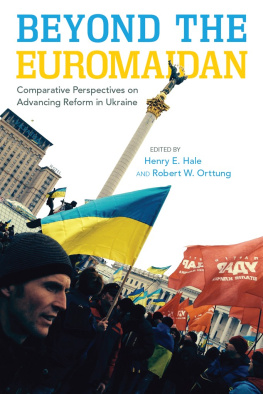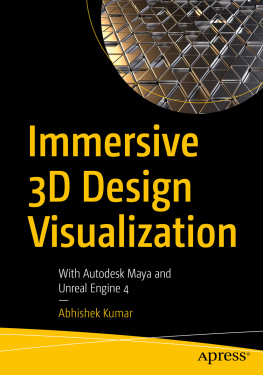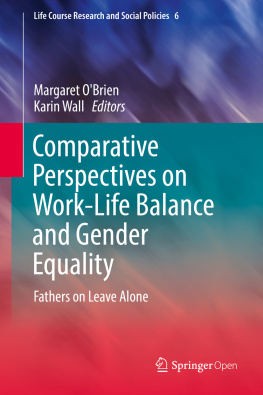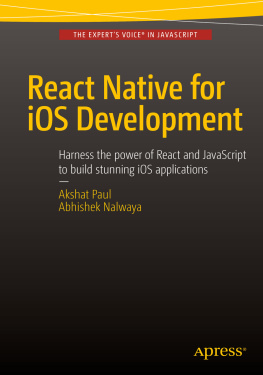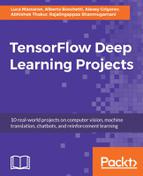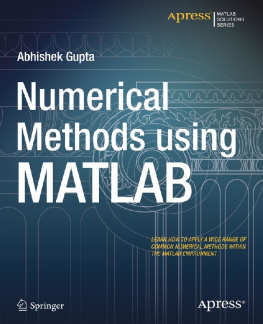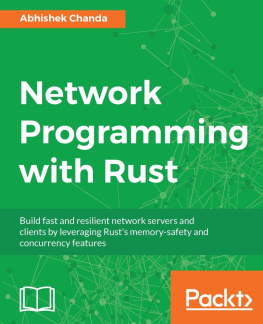Abhishek Singhvi - Comparative Common Law Perspectives
Here you can read online Abhishek Singhvi - Comparative Common Law Perspectives full text of the book (entire story) in english for free. Download pdf and epub, get meaning, cover and reviews about this ebook. publisher: Springer Singapore, genre: Politics. Description of the work, (preface) as well as reviews are available. Best literature library LitArk.com created for fans of good reading and offers a wide selection of genres:
Romance novel
Science fiction
Adventure
Detective
Science
History
Home and family
Prose
Art
Politics
Computer
Non-fiction
Religion
Business
Children
Humor
Choose a favorite category and find really read worthwhile books. Enjoy immersion in the world of imagination, feel the emotions of the characters or learn something new for yourself, make an fascinating discovery.
- Book:Comparative Common Law Perspectives
- Author:
- Publisher:Springer Singapore
- Genre:
- Rating:4 / 5
- Favourites:Add to favourites
- Your mark:
- 80
- 1
- 2
- 3
- 4
- 5
Comparative Common Law Perspectives: summary, description and annotation
We offer to read an annotation, description, summary or preface (depends on what the author of the book "Comparative Common Law Perspectives" wrote himself). If you haven't found the necessary information about the book — write in the comments, we will try to find it.
Comparative Common Law Perspectives — read online for free the complete book (whole text) full work
Below is the text of the book, divided by pages. System saving the place of the last page read, allows you to conveniently read the book "Comparative Common Law Perspectives" online for free, without having to search again every time where you left off. Put a bookmark, and you can go to the page where you finished reading at any time.
Font size:
Interval:
Bookmark:
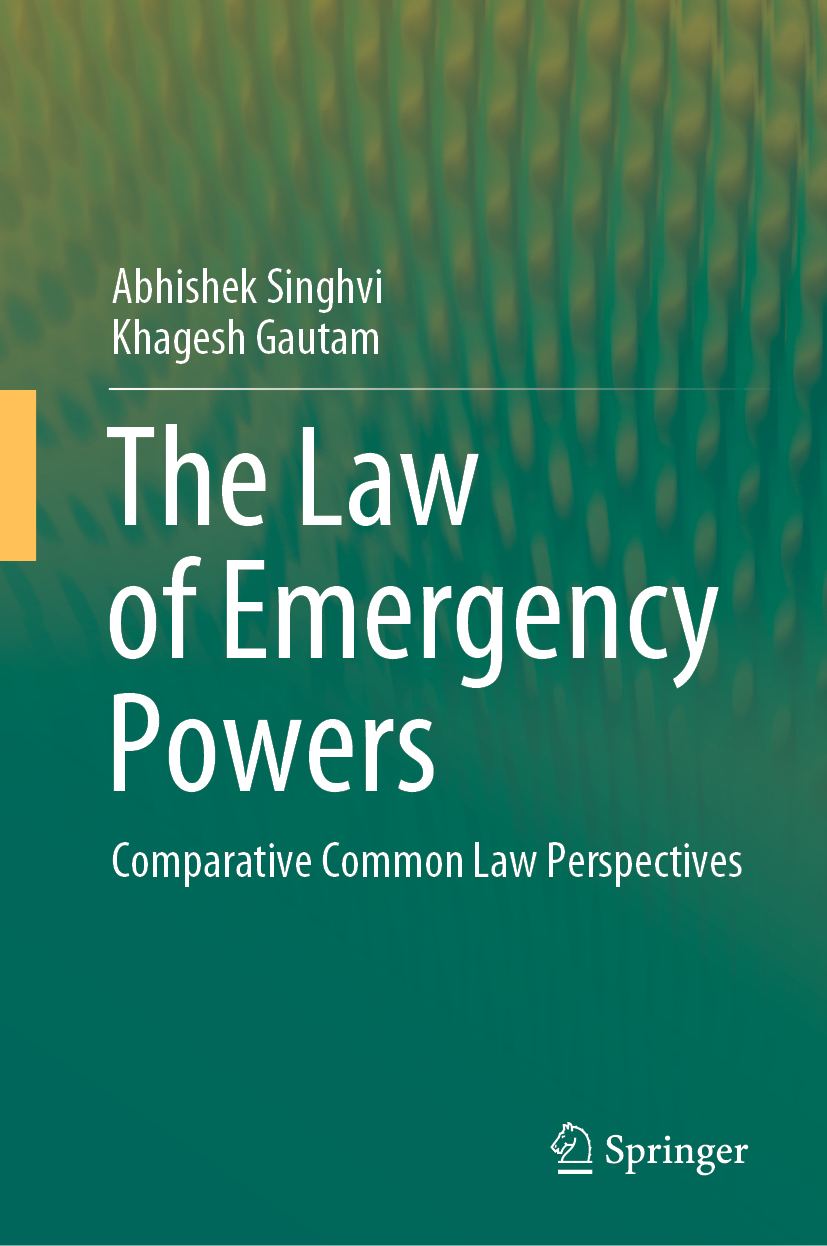

This Springer imprint is published by the registered company Springer Nature Singapore Pte Ltd.
The registered company address is: 152 Beach Road, #21-01/04 Gateway East, Singapore 189721, Singapore
To my late father, for being an inspiration, an exemplar & my legal guru; To my mother, for being the only one who did not think that a law PhD would be valuable time lost from an early start in the legal profession; To my wife, for uncomplainingly standing by me as a young bride in Cambridge on a shoe string budget and for typing 200,000 words on a 1983 IBM transportable;
All prolegomena are trips down memory lane, a recollection of the journey from the inception of an idea to its delivery as a final work of authorship. But this one exceeds the normal length and depth of that journey down memory lane, since it rewinds over 35 years to the mid-80s, when I conceived, labored, and delivered a bonny baby of a 200,000-word Ph.D. thesis in 1985 at Trinity College, Cambridge, UK. Its publication as a book after so many decades is as much a matter of joy as an admission of lethargy, coupled with a recognition of the undeniable exigencies which overtake the life of a busy practitioner, and, still worse, someone who strayed into public life in India. Let me reflect on the journey of this work from its conception as an idea to its publication as a book.
I.My Cambridge years and the conceptual evolution of this work
I am struck by the recollection of how I approached, in 1981, the forbidding persona of Sir William Wade (then Prof. HWR Wade), Master of Gonville and Caius, with a proposal to do Ph.D. on due process, a phrase to which I had inexplicably taken a fancy in my youth. It is a supreme irony that after meandering through a humongous forest of materials on the heavily trodden path of due process, and frequently getting lost and depressed, I ended up revising my proposal to the obverse of due process, viz. suspension of due process, which is virtually another name for emergency powers!
My youthful ambitious zeal to write the definitive and most comprehensive comparative work on emergency powers caused me much anxiety and grief before I realized that I would need to educate myself for many years in the French and German languages, and possibly many more European languages, before I could do justice to even a partially comparative work subsuming civil law constitutional systems. I then settled for a fairly wide comparative common law sweep and chose four meaty and large jurisdictions, viz. UK, USA, India, and the international human rights jurisprudence.
The idealistic desire to achieve maximum coverage made me include international law treatment of emergency powers, more commonly referred to as derogations from human rights in the thesis, including a detailed analysis of case law on the subject of derogations spawned by regional human rights fora like the European Court of Human Rights, the European Commission on Human Rights, the Inter-American Commission on Human Rights, and some other international fora. That has been excluded from this book, and hopefully, in the not too distant future, shall receive separate book length treatment as a companion volume two to the present work.
II.Thematic examination and the pursuit of research and writing
My original intent in the thesis was to deal with issues and sub-issues (e.g., martial law, military acting in aid of civil authority, statutory emergency powers, wartime powers, etc.), thematically, subsuming jurisprudential materials from the UK, USA, India, and International law under each of these conceptual sub-heads. Sadly, the width of coverage of my thesis did not permit me to use this thematic and conceptual format and I was compelled to compile the research materials country wise and jurisdiction wise in the thesis, though within each jurisdiction, the arrangement of multiple headings and subheadings was entirely conceptual. Happily, by choosing some topics (e.g., International law, as explained above) and adding new sections and headings in the present book (e.g., Judicial Independence and Economic Emergency), we have been able to largely achieve a conceptual layout for the table of contents, though inevitably there is some jurisdiction wise treatment (e.g., Chapter five titled Emergency Powers in India), due to the historical context peculiar to a particular jurisdiction.
I reminisce about the terror I went through, when my 3 years of penance and solitude at Cambridge were put to the test in a viva voce lasting half a day in a London in 1985, with an intimidating set of two super eminent examiners in public law, viz. the redoubtable Prof. Graham Zellick, then Editor of Public Law (the most well-known journal on the subject in the Commonwealth) and Prof. DGT Williams, then President of Wolfson College, Cambridge and later Vice-Chancellor, Cambridge University. I had already been given a special extension of the word limit from 80,000 words to 1,00,000 words but in view of the huge wealth of jurisprudence from four jurisdictions (case law, articles, etc.), I had put out a second additional volume of an additional 1,00,000 words comprising footnotes! It was a catharsis when I learnt after several weeks that I had cleared the viva, despite the pure horror suffered
Font size:
Interval:
Bookmark:
Similar books «Comparative Common Law Perspectives»
Look at similar books to Comparative Common Law Perspectives. We have selected literature similar in name and meaning in the hope of providing readers with more options to find new, interesting, not yet read works.
Discussion, reviews of the book Comparative Common Law Perspectives and just readers' own opinions. Leave your comments, write what you think about the work, its meaning or the main characters. Specify what exactly you liked and what you didn't like, and why you think so.

